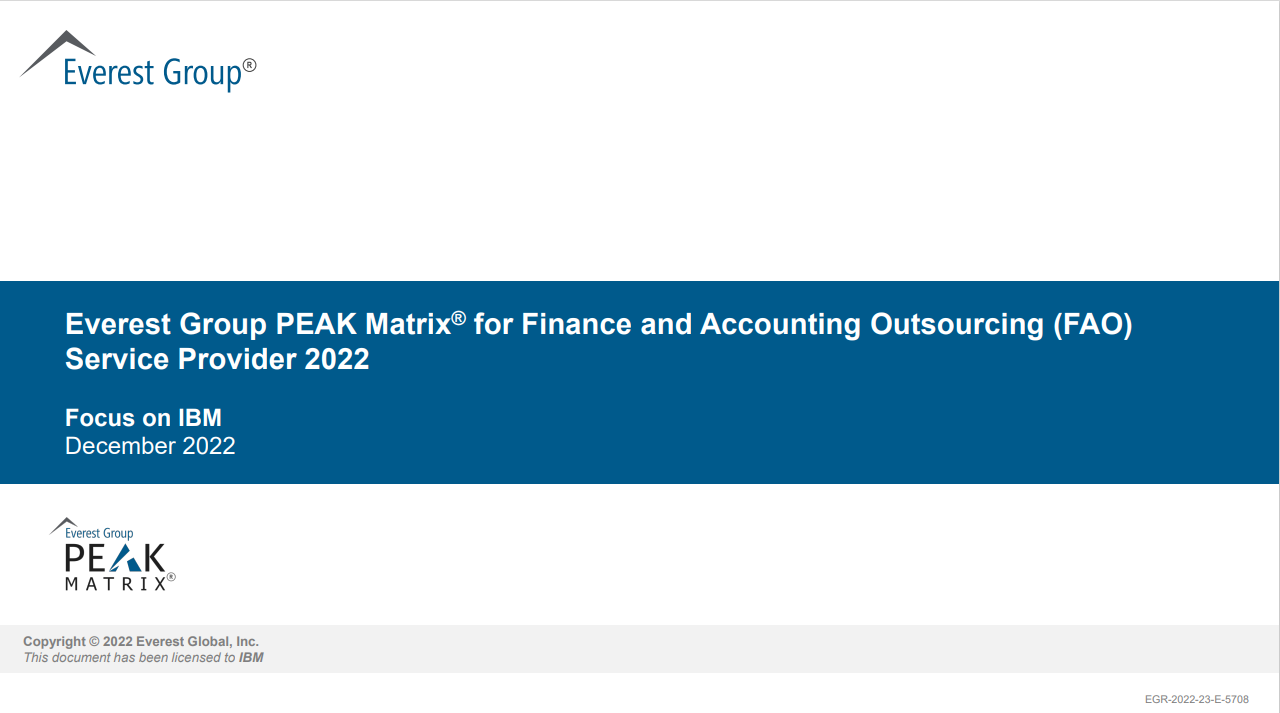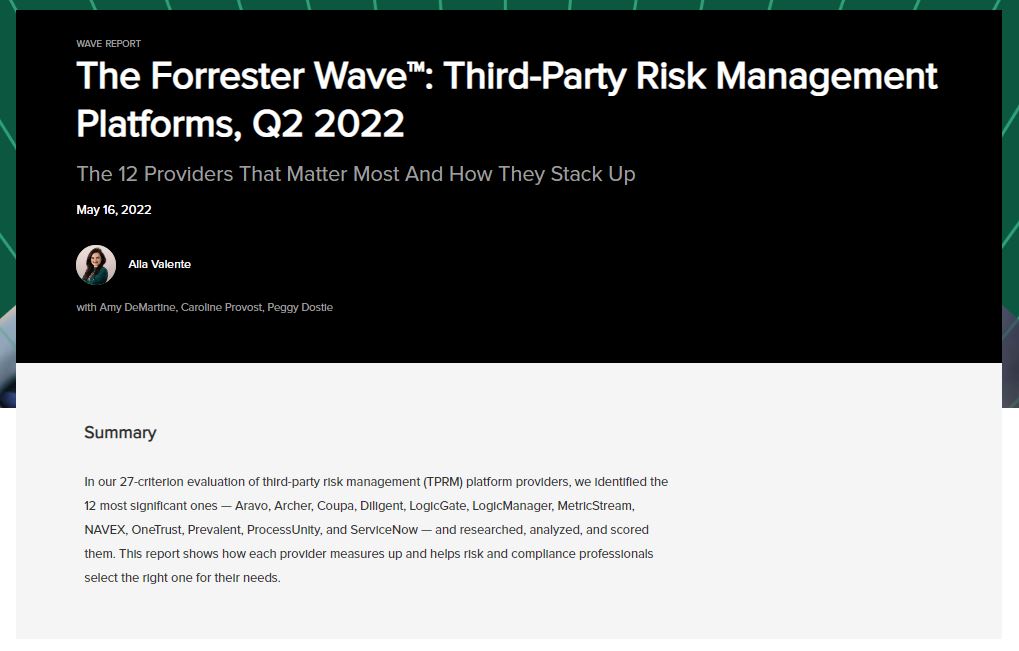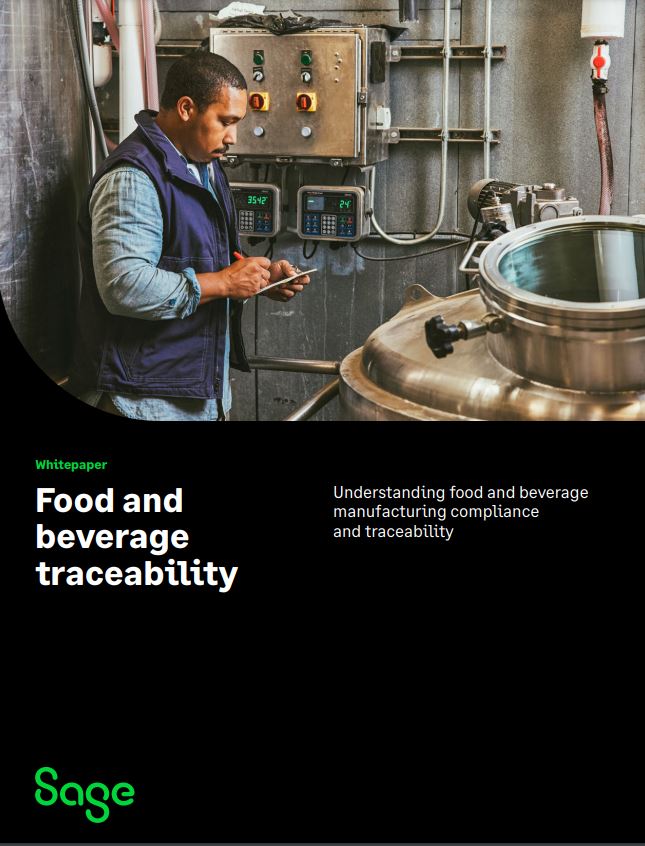How to survive when your suppliers go bust
With the recession continuing to decrease the stability of outsourcing firms and other suppliers, enterprises should make sure they are prepared for any risks resulting from a collapse.

A recent poll carried out for the Institute of Chartered Accountants in England and Wales (ICAEW) and SunGard Availability Services found that 65 per cent of firms believed that the level of operational risk had increased within the past year.
The poll showed that 70 per cent of respondents said they were more at risk from damaging supply chain issues - like a supplier going out of business - when compared to a year ago.
John Oates, IT advisory partner at Baker Tilly and chairman of the ICAEW IT Faculty, said: "More than ever organisations need to create contingency plans that are water-tight and workable, but also flexible enough to cope with the new and unexpected threats thrown up by the current economy."
The research did find that resilience is now currently being discussed at the highest levels of decision making at more organisations, whereas before it was often overlooked and left to the IT department to look after.
Are CFOs being careful enough?
But other research finds chief financial officers are still not handing over the resources to closely manage outsourcing contracts and control supplier risk.
A survey from supplier management software firm Basware and the Barcelona IESE Business School questioned the attitudes of 550 CFOs towards procurement management, and found that just 28 per cent thought procurement has a significant impact on financial risk exposure.
Get the ITPro daily newsletter
Sign up today and you will receive a free copy of our Future Focus 2025 report - the leading guidance on AI, cybersecurity and other IT challenges as per 700+ senior executives
The same survey found less than half of firms integrated their procurement and finance processes. Little wonder then that almost 60% of indirect spending went untracked amongst the global organisations questioned. While 64 per cent of CFOs said cost cutting was a top priority, only 39 per cent said reducing risk was a priority.
Professor Adrian Done, of Barcelona's IESE Business School, said: "Businesses today are defined by their supply chains and some of the high profile business failures of the last 12 months point to this as a root cause. Finance departments across the globe have been guilty of ignoring the real value that their procurement teams can bring for decades now, so there is real truth in the suggestion that CFOs aren't making the most of what can be an invaluable asset in the fight against the recession."
-
 Meta just revived plans to train AI models using European user data
Meta just revived plans to train AI models using European user dataNews Meta has confirmed plans to train AI models using European users’ public content and conversations with its Meta AI chatbot.
By Nicole Kobie
-
 AI is helping bad bots take over the internet
AI is helping bad bots take over the internetNews Automated bot traffic has surpassed human activity for the first time in a decade, according to Imperva
By Bobby Hellard
-
 Magic quadrant for finance and accounting business process outsourcing 2024
Magic quadrant for finance and accounting business process outsourcing 2024whitepaper Evaluate BPO providers’ ability to reduce costs
By ITPro
-
 Capita CEO to be replaced by AWS exec
Capita CEO to be replaced by AWS execNews Jon Lewis is leaving Capita after more than five years
By Richard Speed
-
 What the US-China chip war means for the tech industry
What the US-China chip war means for the tech industryIn-depth With China and the West at loggerheads over semiconductors, how will this conflict reshape the tech supply chain?
By James O'Malley
-
 Everest Group PEAK Matrix® for Finance and Accounting Outsourcing (FAO) service providers 2022
Everest Group PEAK Matrix® for Finance and Accounting Outsourcing (FAO) service providers 2022Whitepaper Understanding and assessing FAO service providers based on their vision & capabilities and impact on the FAO market
By ITPro
-
 The Forrester Wave™: Third party risk management platforms
The Forrester Wave™: Third party risk management platformsWhitepaper The 12 providers that matter the most and how they stack up
By ITPro
-
 Apple to shift MacBook production to Vietnam in further step away from China
Apple to shift MacBook production to Vietnam in further step away from ChinaNews The plan has been reportedly been worked on for two years, with the tech giant already having a test production site in the country
By Zach Marzouk
-
 Food and beverage traceability
Food and beverage traceabilityWhitepaper Understanding food and beverage manufacturing compliance and traceability
By ITPro
-
 Ensuring compliance with the National Bioengineered Food Disclosure Standard (NBFDS)
Ensuring compliance with the National Bioengineered Food Disclosure Standard (NBFDS)Whitepaper How food manufacturers can enhance traceability with technology to be compliant
By ITPro